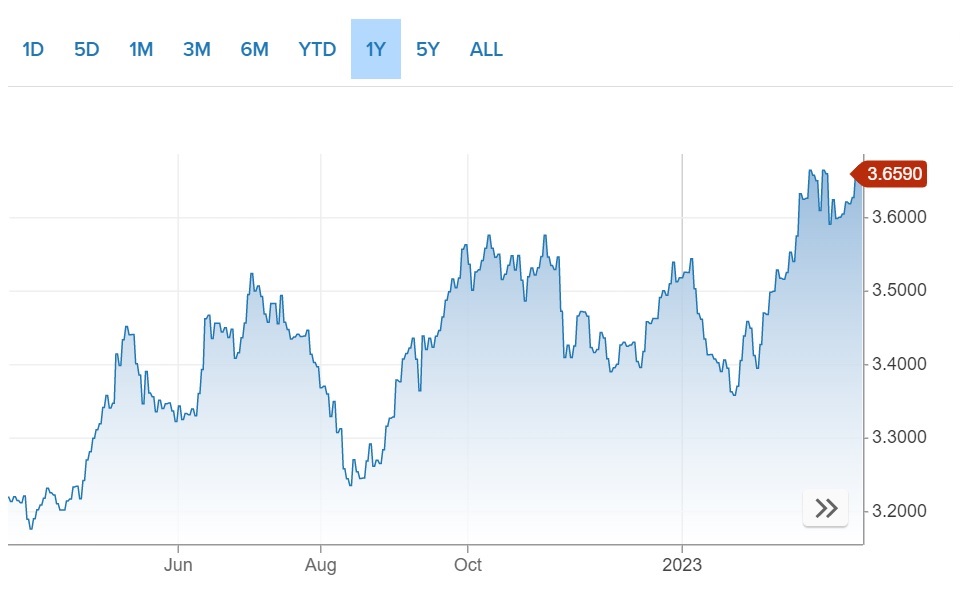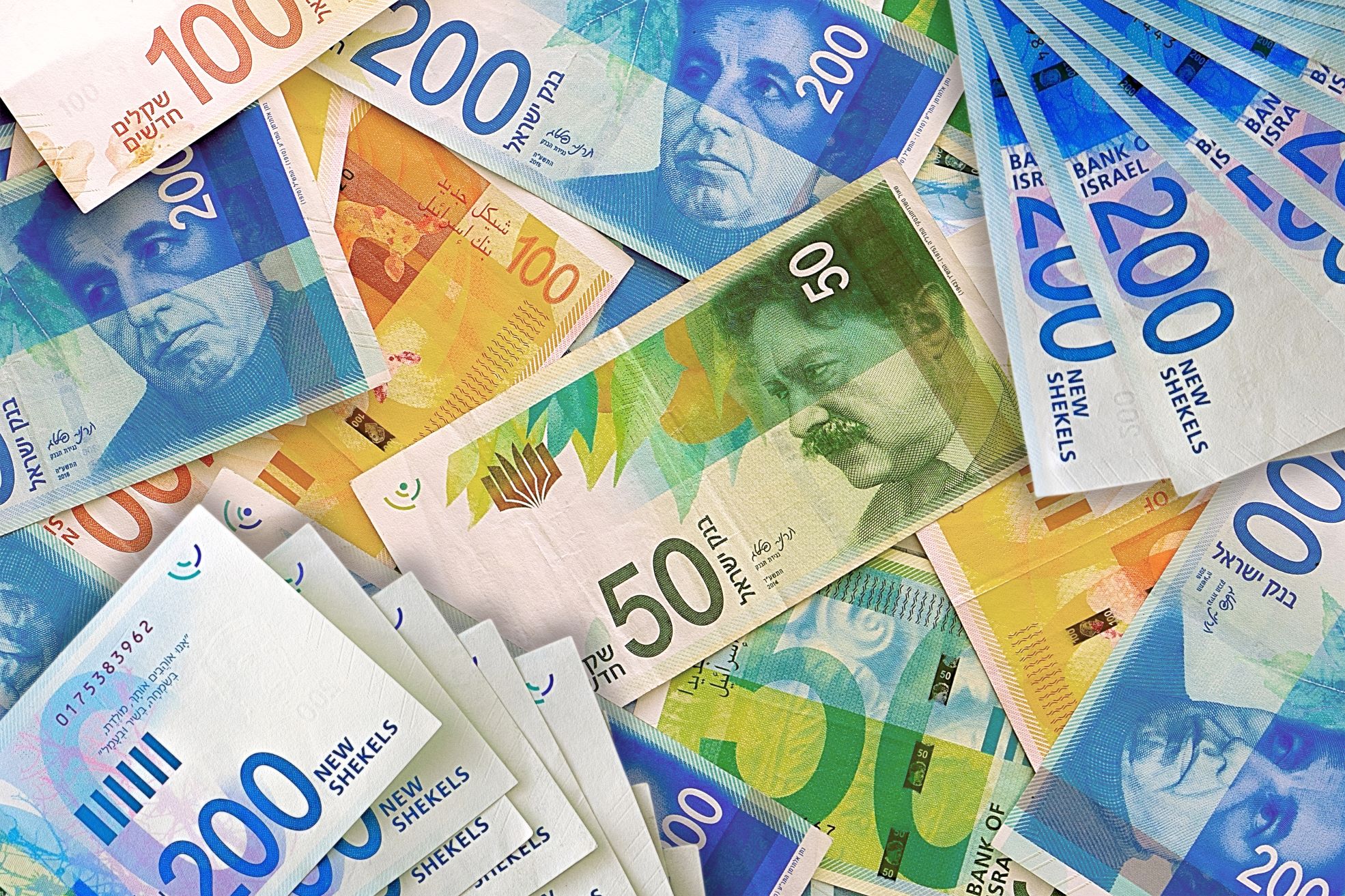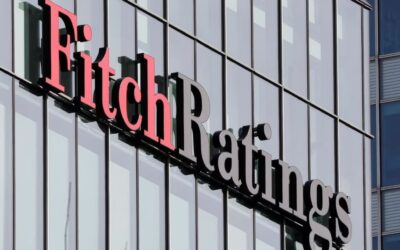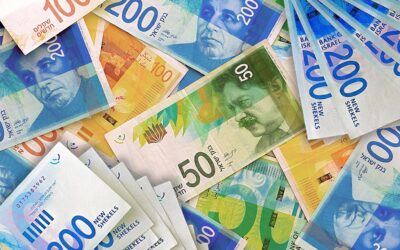The Israeli shekel is currently experiencing a period of weakness against major currencies such as the US dollar and the euro. The reasons behind this trend are complex and multifaceted, with both domestic and international factors contributing to the shekel’s depreciation.
Mizrahi Tefahot Bank’s chief markets economist, Ronen Menachem, told Globes that at present there are three key factors that cause the shekel’s depreciation: interest rate hikes in the US and Europe, global risk aversion, and Israel’s ongoing political crisis.
Menachem explained that the world’s shift towards safer assets due to increasing risk aversion is causing a rush towards safe assets, which is affecting the stock markets worldwide, and the price of gold is strengthening as interest rates rise. Additionally, the sharp interest rate hikes in the US and Europe are making USD and EUR more attractive than the shekel.

The internal factor contributing to the shekel’s weakness is the issue of judicial reform in Israel. The proposal to soften the judicial reform has faced opposition from both the right and the left, and the lack of a negotiated solution due to the shortening of the time until the end of the Knesset session is increasing political uncertainty. This uncertainty, coupled with ongoing protests, is undermining investor confidence, and affecting consumption and investment.
Other experts, however, add an additional factor that depreciates shekel. When the US market falls, as it did recently, Israeli financial institutions must buy American dollars to balance the currency proportions of their holdings. The shekel is subsequently devalued as a result.
Whatever their differences of opinion may be, specialists agree on one thing: Israel has zero influence over developments in overseas markets. Therefore, in this time of uncertainty, refusing to compromise on judicial reform will only make matters worse.





0 Comments